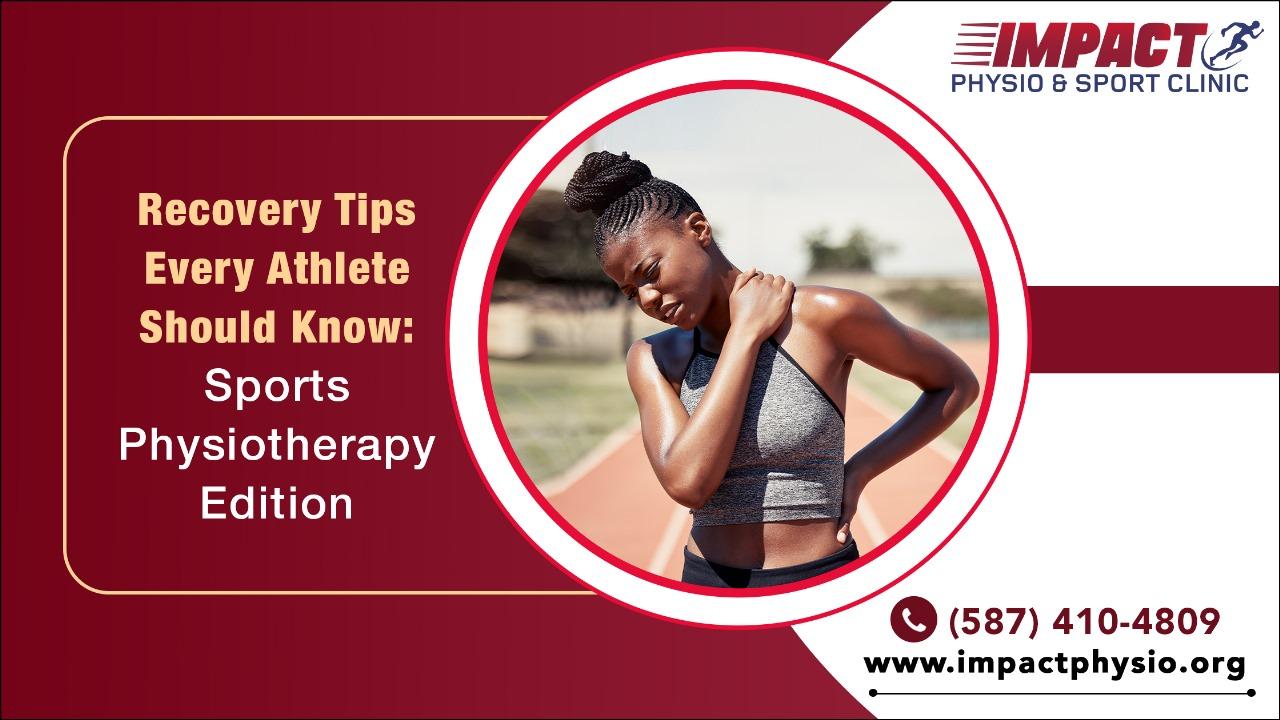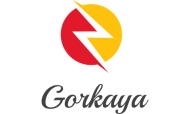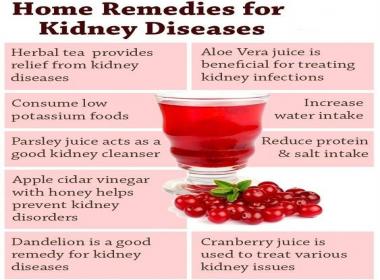
Every athlete, regardless of their level of competition, encounters the challenge of recovery after intense training sessions or injury. Mastering the art of recovery is crucial for long-term performance and health. Sports physiotherapy, an essential component of any athlete's recovery arsenal, offers a range of strategies and techniques specifically designed to aid in the healing process, enhance performance, and prevent future injuries.
Sports physiotherapy in Beaumont stands ready to support athletes with expert guidance and tailored rehabilitation plans. With the help of experienced sports physiotherapists, athletes can access specialized care that addresses their needs.
Early Intervention is Key
Seek Professional Advice: The moment an individual feels off-balance, experiences discomfort, or sustains an injury during sports activities, reaching out to a sports physiotherapist should be the immediate response. Early intervention by a professional can halt the progression of an injury, ensuring that what might currently seem like a minor niggle doesn't evolve into a significant issue requiring extensive treatment or, worse, surgery.
Embrace Active Recovery
Guided Exercise: Active recovery under the supervision of sports physiotherapists is pivotal. Unlike complete rest, which can sometimes slow recovery, engaging in specifically designed exercises helps maintain muscle activity and promotes optimal blood circulation to the injured area, facilitating healing. These exercises are meticulously crafted to support recovery without putting undue stress on the injury, striking the perfect balance between rest and rehabilitation.
Master the R.I.C.E. Method
This four-step method is foundational in the immediate aftermath of an acute sports injury.
Rest: Avoiding activities that cause pain to prevent further injury.
Ice: Applying ice to reduce inflammation and numb the pain.
Compression: Using bandages to apply gentle pressure helps decrease swelling.
Elevation: Keeping the injured area raised above heart level to reduce swelling.
When applied correctly and promptly, these steps can significantly minimize the initial impact of the injury.
Incorporate Cross-Training
Alternative Workouts: Recovery periods allow individuals to maintain overall fitness through cross-training. Sports physiotherapists can recommend alternative forms of exercise that safely navigate around an injury. For instance, those with a lower limb injury could be guided towards swimming or cycling, activities that maintain cardiovascular fitness without placing undue stress on the injury site. This strategy ensures that individuals are not starting from scratch in terms of overall fitness upon recovery.
Prioritize Flexibility and Strength Training
Preventative Exercises: Sports physiotherapy in Beaumont frequently highlights the importance of exercise in increasing the flexibility of muscles and joints while fortifying the musculature that supports key areas vulnerable to injury. Runners, for example, benefit from strengthening their hip and core muscles to ward off knee injuries, whereas swimmers may concentrate on enhancing the strength of their shoulders and upper back to prevent shoulder-related issues.
Understand the Healing Process
Education on Recovery: Understanding the body's healing process is crucial for any athlete navigating recovery. Sports physiotherapists break down the recovery journey into understandable stages, from the initial inflammatory phase to the tissue repair and remodelling phases. This knowledge empowers athletes with realistic timelines for their return to sport. It reduces the risk of setbacks by ensuring that the return to full activity aligns with the body's natural healing process.
Utilize Manual Therapy Techniques
Hands-on Treatment: Sports injury physiotherapy encompasses various hands-on techniques integral to an athlete's recovery. Massage therapy can aid in loosening tense muscles and enhance blood circulation to the injured area, mobilization techniques can enhance joint flexibility and function, and dry needling can release trigger points to alleviate pain and muscle tightness. Each of these techniques is carefully selected and applied by sports physiotherapists to address the athlete's specific needs, facilitating a more efficient and effective healing process.
Stay Hydrated and Nutritionally Balanced
Fuel for Recovery: Optimal hydration and nutrition are foundational to the body's ability to heal and recover. Sports physiotherapists often work with nutrition experts to advise athletes on hydration strategies and dietary choices that promote healing. Consuming a diet abundant in vitamins, minerals, and anti-inflammatory foods can significantly support tissue repair, while adequate hydration ensures that nutrients are efficiently transported across the body and waste products are removed, aiding recovery.
Mental Resilience is Crucial
Psychological Support: The psychological impact of injuries can be as significant as the physical impact, affecting an athlete's confidence and motivation. Sports physiotherapists are acutely aware of the mental and emotional challenges of injuries. They may provide psychological support or recommend working with sports psychologists to develop coping strategies, such as goal-setting, visualization techniques, and mindfulness practices. This holistic approach to recovery acknowledges the importance of mental resilience in overcoming injuries.
Gradual Return to Sport
Phased Approach: One of the final steps in the recovery process is the carefully planned return to sport. Sports physiotherapists design graduated return-to-play programs that allow athletes to ramp up their activity levels slowly. This phased approach might start with low-impact exercises, gradually introducing sport-specific drills and eventually full-contact practice, depending on the sport. This strategy ensures that the athlete's return to sport is safe and strategically timed to coincide with the recovery of full strength and functionality, minimizing the risk of re-injury.
Elevating Athletic Recovery
In conclusion, an athlete's journey is filled with exhilarating victories and challenging setbacks. Understanding and applying effective recovery tips, as highlighted in this Sports Physiotherapy Edition, can significantly impact an athlete's ability to perform consistently at their best. Embracing the expertise offered by sports injury physiotherapy provides a solid foundation for overcoming injuries and preventive care, ensuring athletes can enjoy a longer, healthier sporting career.
Whether recovering from an injury or looking to optimize your performance, reaching out to a "sports physiotherapist near me" can be the game-changer in your athletic journey. At Impact Physiotherapy, our dedicated team is committed to assisting athletes in achieving their maximum potential through cutting-edge physiotherapy techniques and comprehensive care plans. Contact Impact Physiotherapy today to learn how our sports physiotherapy services in Beaumont can support your recovery and enhance your performance.
Also read about:
Practical Tips for Vestibular Disorder Management
Postpartum Recovery and The Essential Role of Pelvic Floor Physiotherapy
What Are the Top Trends Mattresses in UAE








